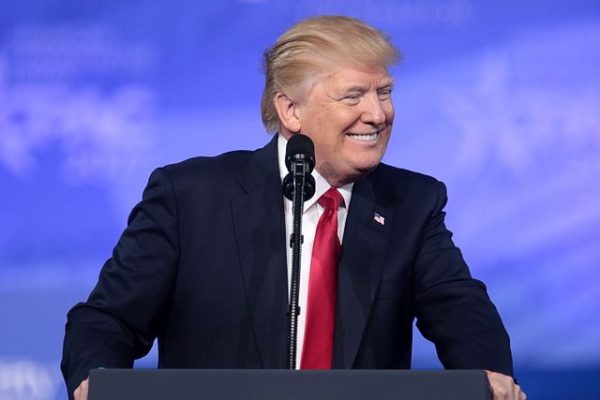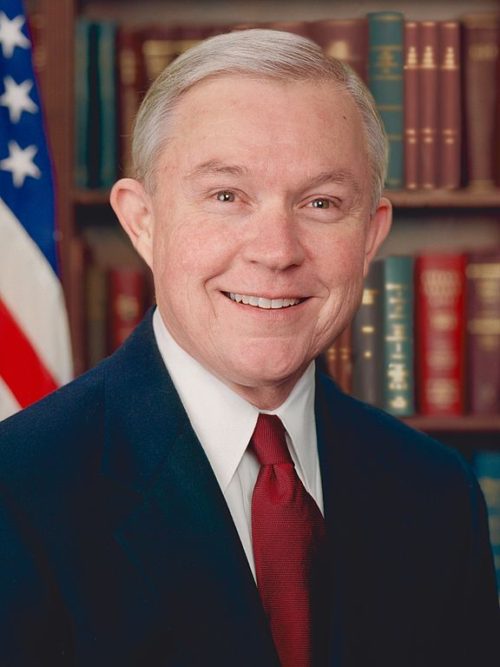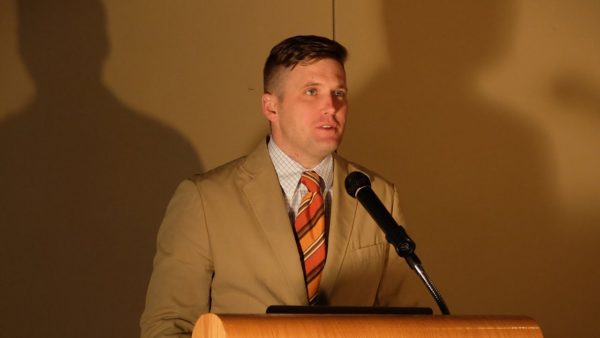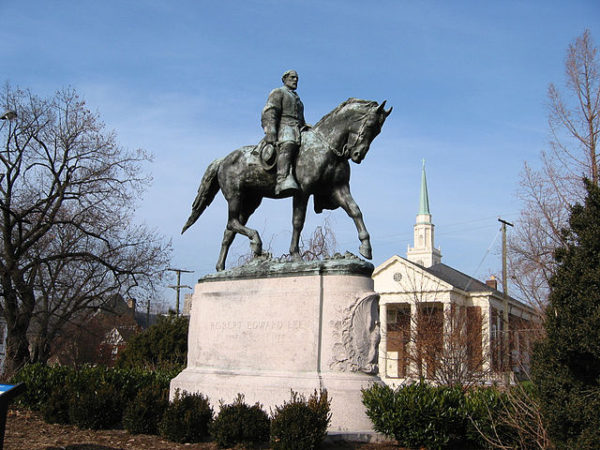U.S. President Donald Trump is not a person who minces words, yet he was strangely mute in identifying the motley gang of neo-Nazis, white supremacists and Ku Klux Klan members who incited bloody demonstrations at a “Unite the Right” rally in Charlottesville, Virginia, last weekend which resulted in the death of a 32-year woman.
In a Twitter post on August 12, Trump wrote, “We must remember this truth: No matter our color, creed, religion or political party, we are ALL AMERICANS FIRST.”

Oddly, Trump refrained from saying that the violence in Charlottesville was initiated by racists carrying Confederate flags and chanting, “We will not be replaced by Jews.” Worse still, he claimed that “many sides,” rather than the bigots themselves, had ignited the mayhem.
It took him two days to realize he had not been forceful enough in condemning the bloodshed in Charlottesville or explicit enough in singling out the culprits.
On August 14, bowing to massive public and private pressure, he belatedly abandoned his measured approach and finally called a spade a spade. “Racism is evil. And those who cause violence in its name are criminals and thugs,” he declared in a condemnation of the Ku Klux Klan, neo-Nazis and white supremacists. Their values and positions, he added, “are repugnant to everything we hold dear as Americans.”
If Trump had followed the lead of his daughter, Ivanka, and of his Vice President, Mike Pence, he would have issued this condemnation 48 hours or 24 hours earlier.

Ivanka — a convert to Judaism whose Jewish husband Jared Kushner is Trump’s senior advisor — understood the gravity of the situation. This was particularly the case after a 20-year-old white supremacist, James Alex Fields Jr., rammed his car into a crowd of anti-racist protesters and killed Heather Heyer, a paralegal. On August 12, in response to this tragedy, she tweeted that there is “no place in society for racism, white supremacy and neo-Nazis.”

Mike Pence, the U.S. vice president, also grasped what had happened. Denouncing the alt-right at a news conference on August 13, he said, “We have no tolerance for hate and violence from white supremacists, neo-Nazis or the KKK.”

Attorney General Jeff Sessions weighed in as well. “The violence … in Charlottesville strikes at the heart of American law and justice,” he said in a strong denunciation of its vile perpetrators. “When such actions arise from racial bigotry and hatred, they destroy our core values and cannot be tolerated.”
The racists who converged on Charlottesville ran the gamut from alt-right theoretician Richard Spencer to rally organizer Jason Kessler. And while they succeeded in obtaining free publicity for their wretched cause, they were mainly interested in achieving another objective — stopping the removal of a statute of Robert E. Lee from a local park.

Lee, the commander of the Confederate army during the U.S. Civil War, was a slave owner and a staunch believer in the inequality of the races. A hero to some Southeners, he was a defender of the status quo and thus an objectionable figure to countless Americans, especially African Americans.

Their antipathy to Lee is entirely understandable. Just imagine how decent people would have felt if statues of Adolf Hitler had not been removed in Germany in the aftermath of World War II.
Why, then, was Trump so slow to denounce the violence committed in Lee’s name by a bunch of rabble-rousers? Although Trump has stridently rejected allegations that he’s a racist, he may have been loathe to antagonize that portion of the white electorate in his political base that is not averse to racism.
Trump, on the other hand, may well have received poor advice from right-wing advisers who might have links to, or sympathize with, the white supremacist movement. Yesterday, Congresswoman Gwen Moore released this fighting statement: “If the president is sincere in his rebuke of white supremacy, I call on him to remove those in his inner circle who embrace such hateful ideals, starting with Steve Bannon, Stephen Miller, and Sebastian Gorka.”
Unfortunately, this is not the first time Trump has exercised poor judgment in dealing with the white supremacist phenomenon. During last year’s presidential campaign, he was asked about an endorsement from David Duke, a former leader of the Ku Klux Klan. Trump, disingenuously, claimed he was not familiar with Duke, a high-profile professional racist. Subsequently, Trump disavowed Duke, calling him a “bad person.”
Ultimately, the events in Charlottesville were not about Trump’s questionable political instincts, but about the limits of free speech in a vibrant democracy. Charlottesville proved yet again that freedom of speech cannot and should not be conflated or confused with hate speech.
Mainstream American politicians who denounce racist groups perform a commendable service. But words are not enough. Hard-core racists who incite or promote hatred and violence should pay a hefty penalty.
Following Heather Heyer’s death, the Daily Stormer, a fascist website run by Andrew Anglin, published disparaging and hurtful comments about her. GoDaddy, the company that hosted his site, said the Daily Stormer had violated “our terms of service” and gave it 24 hours to find another provider.
This is the only hard ball language that neo-Nazis like Anglin fully understand. In the wake of Charlottesville, Internet providers across the United States should emulate GoDaddy’s example and ostracize despicable haters like Anglin.
Postscript — About a day after I posted this piece, Trump backtracked, reverting to his position that both sides were to blame for the violence in Charlottesville. Trump’s daughter, Ivanka, was away on vacation in Vermont when he made his new comments. Tellingly enough, David Duke and Richard Spencer commended Trump.
